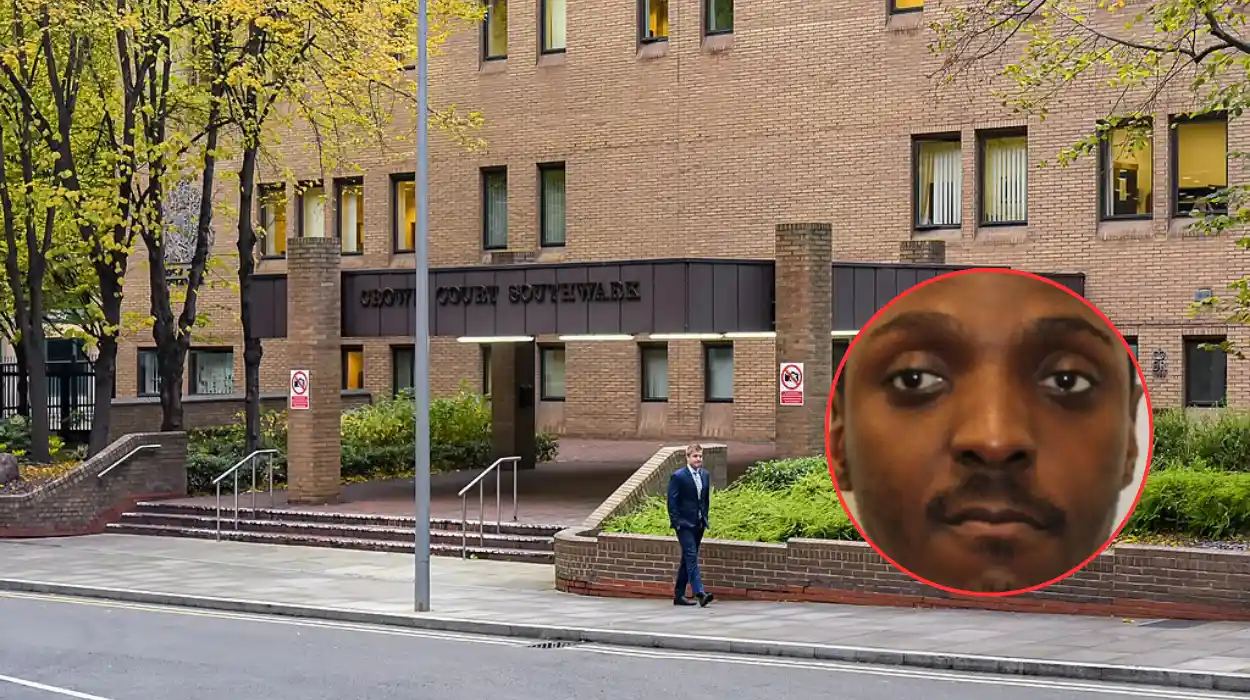Kensington and Chelsea (Parliament Politics Magazine) – Aston Lambert, 33, from Kensington and Chelsea, has been found guilty of murdering his father, following a trial that revealed shocking family violence.
On March 17, 2025, Aston murdered his father, Alban Lambert, 78.
In the years before the murder, Aston lived at his father’s apartment on Longridge Road in Kensington & Chelsea, the court heard.
According to the Metropolitan Police, his behavior had deteriorated in the months before the deadly attack in March 2024, and he had grown so violent and hostile toward Alban that Alban had ordered him to leave.
Around 11.40 a.m. on March 17, Aston came back to the apartment and demanded £40.
Declaring that Aston was in his apartment requesting money, Alban called his partner.
But the conversation was abruptly disconnected, and Alban’s companion made several futile attempts to call him back.
By 2:00 pm, neighbors started to hear noises coming from the apartment.
Over the course of the following hour, the disturbance intensified to the point where one of them became so alarmed that he called the emergency services.
When police and the London Ambulance Service arrived just after 3:15 p.m., they discovered Alban dead in his apartment’s hallway, with a dumbbell resting on the side of his skull.
In another room, half-clothed, Aston Lambert claimed to have acted in self-defense after Alban had attacked him, but he was taken into custody on suspicion of murder.
When CCTV evidence revealed different aspects of the attack, Aston’s theory was refuted.
Following the conclusion of the trial, Alban’s family paid tribute to him saying:
“Mr Alban Lambert was deeply loved by all who knew him, in particular, his family and friends.
He brought love and laughter to all around him. It is therefore immensely sad to find ourselves trying to comprehend the senseless tragic act which resulted in the loss of his life. We would like to take this opportunity to thank everyone who’s been supporting us throughout this difficult time.
We would also like to say thank you to the medics who tried to save his life, the legal team and the police.
We are devastated by the loss of our Alban who was many things to many people – he was a father, grandfather, stepfather, brother, uncle, cousin, partner friend. We kindly ask for privacy to process and grieve the loss of our dear Alban.”
Detective Chief Inspector Samantha Townsend from the Met’s Specialist Crime Command led the investigation and said:
“The motivation for Aston Lambert’s attack appears to have been money.
He went to his father’s flat and demanded cash but when Alban told him he didn’t have this, a violent rage took over leading to this murderous act.
Alban Lambert was a frail and defenceless man, killed in his own home by someone he should have felt safe to be with.
Alban was a caring father who was loved by his children. The family have been ripped apart by the actions of Aston Lambert and I hope that the conclusion of the trial allows them the opportunity to begin to move forward.”
Aston Lambert will be sentenced at Southwark Crown Court on Friday, 12 September.
What details emerged about the severity of the assault at trial?
Details about the severity of the assault at trial can be illustrated by a comparable example from a detailed judiciary report on a murder case involving prolonged and severe abuse, which can help explain the type of severity courts focus on during such trials.
For Aston Lambert’s case, the reported assault was described as prolonged and brutal, involving the use of a dumbbell as a weapon, causing the death of his frail elderly father. The assault was sustained and violent, indicating significant severity during the trial.
The assault detailed at trial included violent, sustained attacks with weapons causing fatal injuries, marked by extreme physical trauma and abuse consistent with serious, deliberate harm as documented in similar legal cases.


